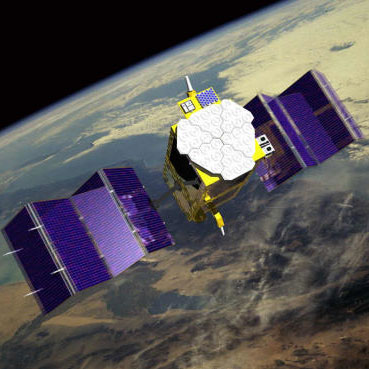Precision satellite navigation will enable rail link construction
Posted: 22 February 2010 | | No comments yet
AXIO-NET wins major contract to enable the construction of a rail link between Germany and Denmark.
AXIO-NET wins major contract to enable the construction of a rail link between Germany and Denmark.
Precision satellite navigation is set to be used in the construction of a motorway and rail link between Germany and Denmark. AXIO-NET, a subsidiary of Astrium Services, has won a major contract to provide satellite positioning data for the development of this 19km link between the islands of Fehmarn, Germany and Lolland, Denmark – the Fehmarnbelt Fixed Link.


Astrium Satellite (Copyright EADS Astrium)
AXIO-NET will establish and operate a four station GNSS reference network across the proposed construction site, which will provide precise positioning data to engineers during the build. Construction of the reference stations is already underway. AXIO-NET, a leader in GNSS augmentation services, won the contract after the German and Danish Governments ratified a treaty to develop a fixed link between the two countries in 2009. The link is expected to become a vital passenger and freight connection between continental European and Scandinavia.
The contract was awarded by Femern A/S, a privately operated company, founded by Denmark’s traffic ministry and owned by the Danish State. AXIO-NET will develop the network with ALLSAT, its 30% shareholder and an expert in GNSS positioning, navigation and monitoring.
The construction of the Fehmarnbelt Fixed Link is a €4.5-5.5bn project and represents a huge engineering challenge due to the sheer scale of the development. The link will have to cross a 19 km expanse of water, be capable of carrying up to 8,000-10,000 cars per day, whilst also accommodating a high-speed rail link. The positioning data provided by AXIO-NET will prove vital in ensuring that engineers can build this vast project to an accuracy of 2cm. The positioning network will have to operate 24 hours a day, seven days a week, with the build expected to take approximately seven years. The link is scheduled to open in approximately 2018.
Eric Béranger, CEO Astrium Services said: “The Fehmarnbelt Fixed Link represents a significant technical challenge. Precision engineering is crucial for a project that spans two countries with Axio-Net playing a key role from start to finish.”



